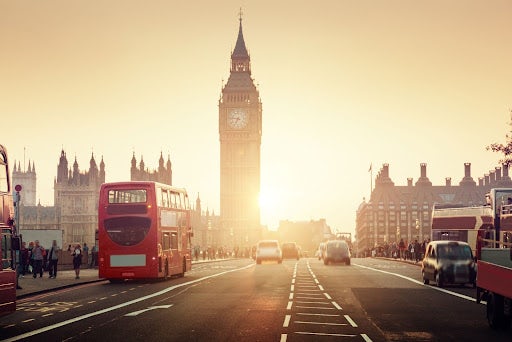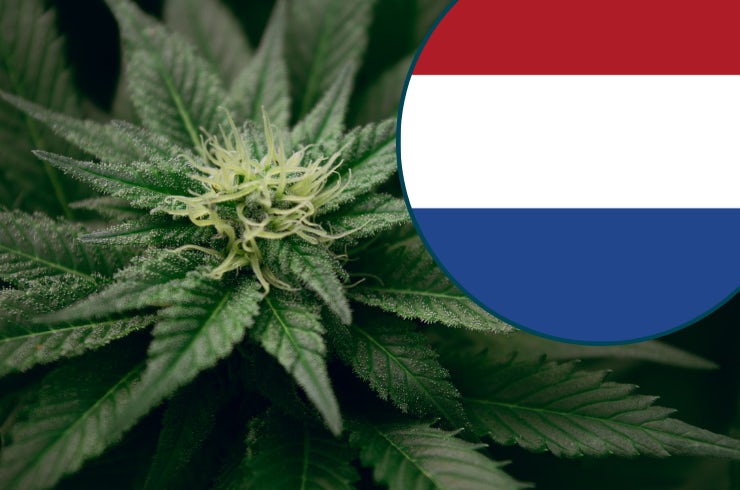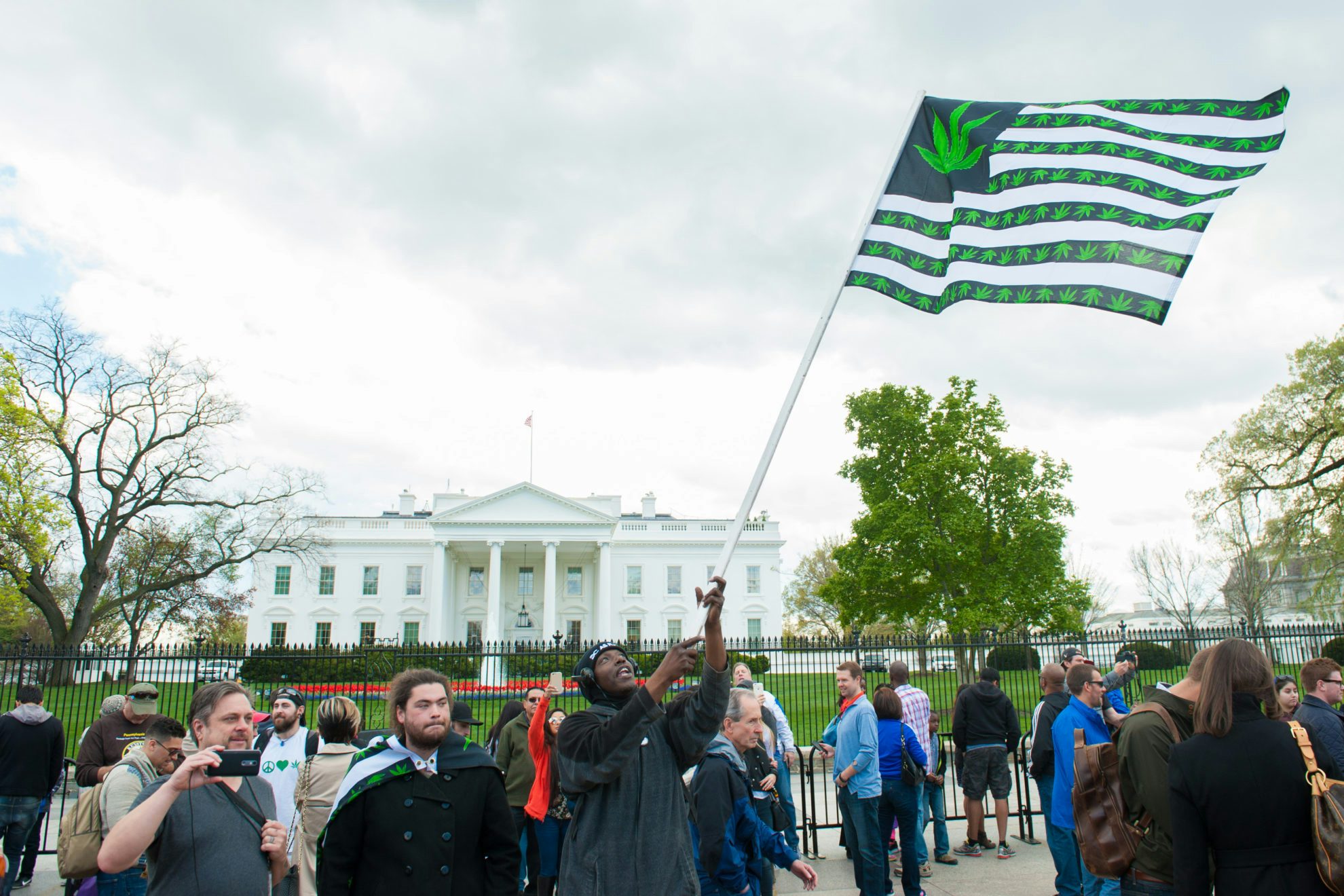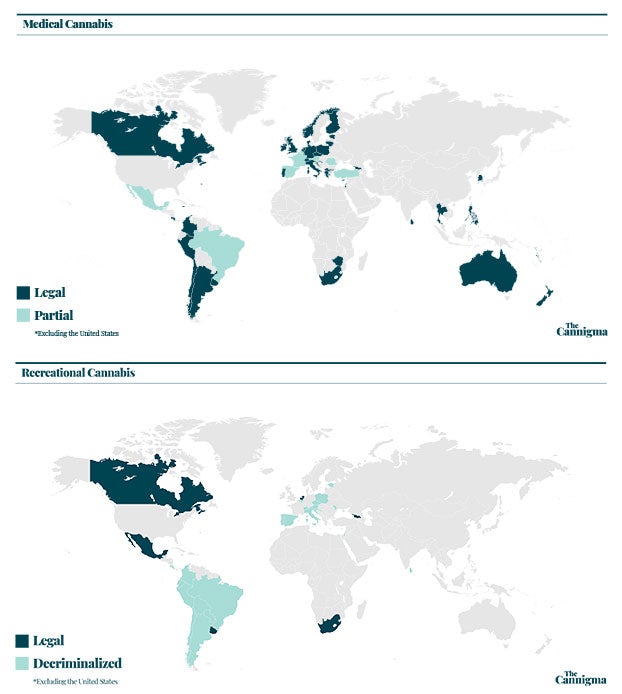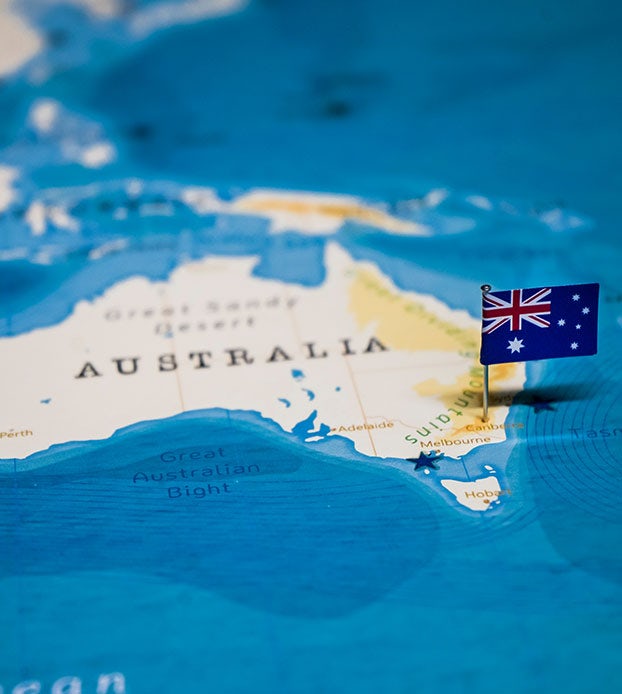Medical: legal
Recreational: Illegal
The United Kingdom legalized medical cannabis in November 2018 but the program is the subject of criticism regarding access to medicine and approval of patients.
The UK government made the decision in 2004 to reclassify cannabis from a Class B to Class C drug, but the decision was rescinded in 2009.
This is despite the fact that a 2007 report by the Advisory Council on the Misuse Drugs stated that “after a most careful scrutiny,” cannabis should remain a class C substance and that the harmfulness of it is closer to that of Class C substances and not Class B ones.
The laws on cannabis are covered in the country’s Misuse of Drugs Act of 1971 which lists a litany of regulations covering cannabis and other drugs.
For possession of a Class B drug, the penalty is 3 months or a £2,500 ($3,391) fine, and up to five years in prison if indicted.
Typically anything less than an ounce is unlikely to result in more than an on-the-spot fine of £90 ($122), and if it’s the first offense then a simple warning is likely to suffice.
For a Class B drug, the maximum penalty for production or supply of cannabis or cannabis resin in the magistrate’s court is 6 or 12 months, or the prescribed sum of both, or up to 14 years in prison and/or a fine if indicted. Possession with intent to supply to someone else has the same penalties.
The cultivation of cannabis is illegal in the United Kingdom and if settled in a magistrate’s court, the summary penalty for cultivation can range from 6 months to 12 months, or both. If convicted following an indictment, the defendant could face a penalty of 14 years incarceration and/or a fine.
The law states that it is also illegal for occupiers of premises to permit certain activities like smoking cannabis.
Do the marijuana laws differ in Scotland, England, Wales, and Northern Ireland?
While the Misuse of Drugs Act applies across the United Kingdom, England, Wales, Scotland, and Northern Ireland can differ in how they enforce drug offenses, including cannabis, and in the prevailing attitudes towards cannabis. Ultimately though, any actual changes to the letter of the drug laws would require the approval of Westminster.
Scotland
The Scottish National Party in September, 2021 announced that it had reached an agreement with Police Scotland to not arrest people caught with a small amount of drugs. This follows a report from 2019 that found that around 500 people are caught with cannabis by Scottish police each month and are released with a warning.
The first medical cannabis patients in Scotland received their prescriptions in 2021, and the country’s first medical cannabis clinic was approved in March, 2021.
Across Scotland, nearly half of the population (47%) supports legalization, a Times survey from 2019 found.
Wales
In 2019, Wales was the center of progress – if rather muted – on legalization. A January, 2019 event held at the Senedd – the Welsh Parliament – included a call from Arfon Jones, a North Wales Police and Crime Commissioner, to decriminalize cannabis. The statement came ahead of a decision by North Wales Police to introduce a diversion scheme that would sidestep arrest for those caught in possession of small amounts of cannabis.
At the conference, Jones also voiced his support for the opening of cannabis social cafes in Wales, similar to the Spanish model.
At a conference in 2018, politicians from the Welsh nationalist party Plaid Cymru called the war on drugs an “unmitigated failure” and voted to make decriminalization part of the platform of the party.
In addition, in England and Wales there has been a steady decrease in recent years in the number of prosecutions for marijuana possession.
Also, in 2018, future Wales First Minister Mark Drakeford voiced his support for cannabis legalization, and said that Wales “should lead the way where clinical evidence is there to support it.”
Northern Ireland
Northern Ireland was the setting of one of the most important cases involving medical cannabis in the United Kingdom. The story involved Billy Caldwell, a severely epileptic boy from County Tyrone who in November, 2020 made history as the first person to receive National Health Service funded medical cannabis under the 2018 law.
This followed a four year struggle during which the family traveled to Canada to bring back medicinal cannabis to treat his 100 seizures a day. The oil was seized at Heathrow Airport, and a legal battle ensued.
How do the Brits view marijuana?
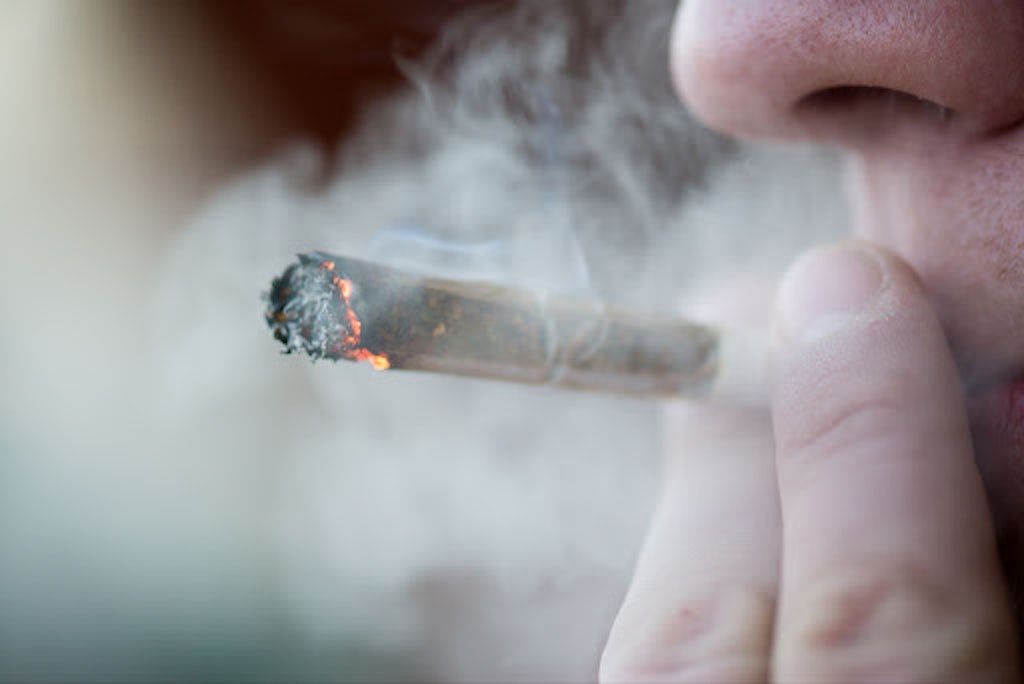
A 2018 poll found that 59% of respondents support legalization, and only 31 percent are opposed. The poll also found that 76% of respondents would be open to consuming medical cannabis if prescribed by a doctor, and that 13% plan to ask their doctor or healthcare provider about access to medical cannabis.
In 2016, a survey by the UK Home Office found that 6.5% of people aged 16 to 59 reported using cannabis in the previous year, including 15.8% of those aged 16 to 24.
Also in 2016, the Liberal Democrats became the first major UK political party to voice support for cannabis legalization. The UK’s Green Party also supports cannabis legalization, as well as a long list of changes to the country’s drug policies.
In 2019, a group of MPs said during a trip to Canada that they believe that recreational cannabis will be legal in the UK in five to ten years. During the trip, MP for North Norfolk Sir Norman Lamb famously took cannabis oil on camera, saying that it helps him relax and sleep.
What British law permits for medical patients
Under the 2018 medicinal cannabis regulations, cannabis-based products must meet the following three guidelines:
- The product is or contains cannabis, cannabis resin, cannabinol or a cannabinol derivative
- It is produced for medicinal use in humans
- It is a product that is regulated as a medicinal product, or an ingredient of a medicinal product
Private prescriptions from outside the United Kingdom are not permissible under the law.
Any cannabis-based products for medicinal use in humans (CBPM) supplied to a patient in the UK – be it oil, flower, or capsules – must be approved and licensed by the Medical Healthcare Agency (MHRA) and Home Office. This means that not all pharmacies will be able to supply cannabis medicines, as CBPMs are unlicensed.
Who qualifies for medical cannabis in the UK and how is it accessible?
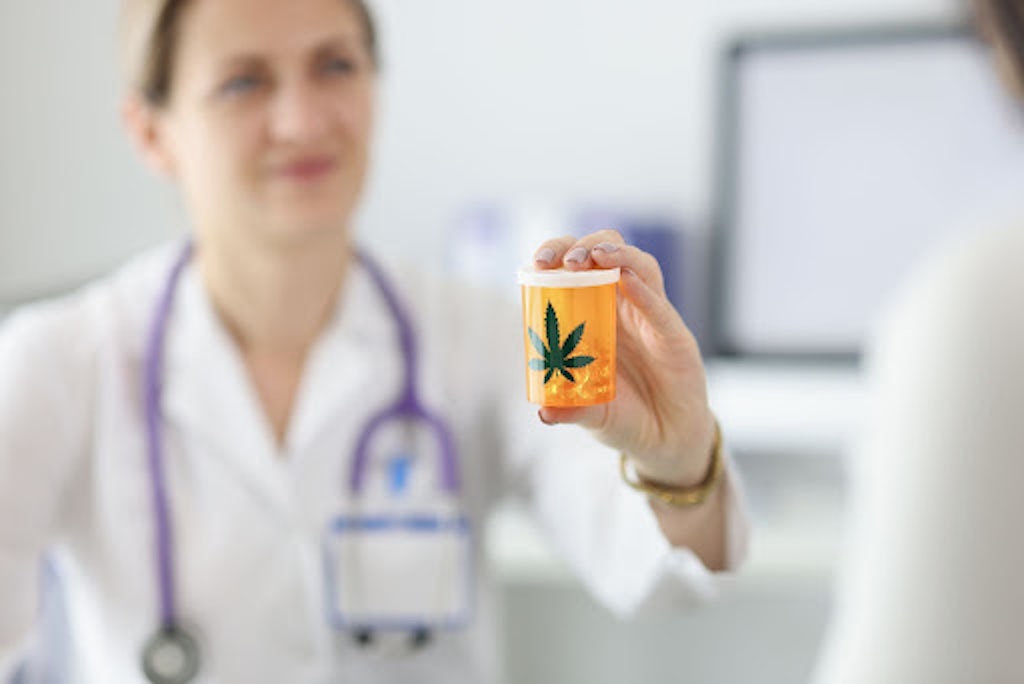
In order to obtain a medical cannabis prescription in the UK, a prospective patient must make an appointment with a physician who is a consultant listed on the Specialist Register of the General Medical Council, with a specialization in the health condition that the patient would like to treat with medical cannabis. They can also contact a private clinic, such as one from this list compiled by the Patient Led Alliance.
The physician will look at the patient’s medical record and ask why previous treatments didn’t work and how the health condition affects the patient’s life.
If the physician agrees to fill the prescription, it may be filled by a specialist pharmacy.
Private Health consultants can consider medical marijuana for a wide variety of health conditions, including:
- Chronic pain
- Fibromyalgia
- Arthritis
- Degenerative disc disease
- Nerve conditions
- Spinal cord injury/disease
- Post-operative surgery pain
- Nausea and vomiting through chemotherapy
- Cancer pain
- Alzheimer’s disease symptoms
- Chronic fatigue syndrome
- Epilepsy
- Migraines
- Motor neuron disease
- Multiple sclerosis
- Muscular dystrophy symptoms
- Parkinson’s symptoms
- Seizures
- Spasticity
- Traumatic brain injury
- Anxiety
- Depression
- Eating disorders
- Obsessive-compulsive disorder
- Post-traumatic stress disorder
- Stress
- Sleep disorder
According to the NHS however, medical cannabis “is only likely to be prescribed” for the following conditions:
- Severe forms of epilepsy
- Adults with vomiting or nausea caused by chemotherapy
- People with muscle stiffness and spasms caused by multiple sclerosis
The NHS adds that medical cannabis will only be considered when other treatment we’re not suitable or had not helped
Initial consults at a clinic can vary widely, from £90 and £200 ($122 to $271).
Those unable to afford the steep clinic visit costs may want to consider the “Cancard,” a credential that can be shown to a police officer in the event that they have detained someone for cannabis possession, to indicate that the person uses cannabis for medical reasons. It is meant for Britons who are using medical cannabis to treat an established and physician-recognized medical condition but cannot afford the yearly registration fee or have been unable to gain approval.
Can you grow your own weed?
It is illegal to grow your own weed in the United Kingdom, even if you are an approved cannabis patient. The maximum penalty for cultivation can reach 14 years imprisonment.
Visiting the UK – can you buy or bring marijuana products?
Cannabis is “banned completely” by the Border Force and medical marijuana permits issued abroad will not provide their safe passage into the United Kingdom.
Sign up for bi-weekly updates, packed full of cannabis education, recipes, and tips. Your inbox will love it.

 Shop
Shop Support
Support
